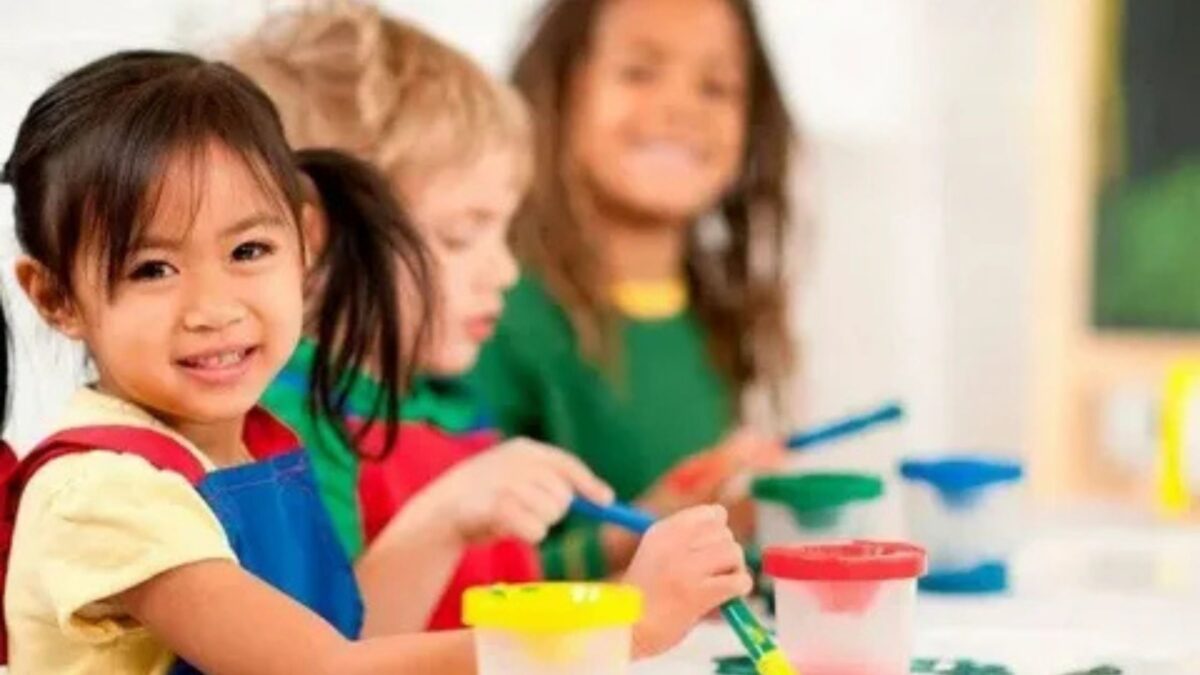The Science of Success: How Early Childhood Education Shapes Future Academics

Success in school doesn’t start on the first day of kindergarten. It starts much earlier, during a child’s earliest years — when the brain is developing faster than it ever will again. Early childhood is a time of rapid growth, not just physically, but mentally and emotionally. It’s during this window that kids start building the tools they’ll need for academic success later on.
The connection between early experiences and future outcomes is no longer just a theory. It’s backed by hard science. Research from top institutions like Harvard and Stanford confirms that the learning kids do in their early years lays the groundwork for critical thinking, emotional intelligence, and even long-term motivation.
Brain Growth in the Early Years
By the age of three, a child’s brain has formed about 80% of its adult size. During this time, trillions of connections — called synapses — are formed between neurons. These connections shape everything from language skills to emotional regulation.
Experiences during this early stage actually “wire” the brain. Every song sung, story read, and puzzle solved strengthens neural pathways that later help with reading, math, focus, and social interaction. That’s why high-quality early learning environments are such game-changers. They provide the right balance of structure, stimulation, and support.
Building Strong Foundations
Early childhood education isn’t just about learning colors or reciting the alphabet. It’s about helping kids make sense of the world and build skills that set the tone for their school years.
Kids learn how to pay attention, manage their emotions, and follow instructions — skills that aren’t measured on a test but matter just as much. They also start to ask questions, take turns, and solve problems, all through guided play. These soft skills are what give children the confidence to try, fail, and try again — a key part of academic success.
Language and Literacy
One of the biggest predictors of academic achievement is strong language development. Children who are exposed to rich vocabulary and interactive conversation early on tend to be better readers and communicators later.
Early childhood educators know this, and they work it into every part of the day — through songs, storytelling, and simple conversations. This kind of learning doesn’t feel like a lesson, but it leaves a lasting impact. Kids become curious about words, enjoy books, and start seeing reading as something fun, not forced.
Early Math Matters
Math isn’t just about numbers. It’s about logic, pattern recognition, and spatial reasoning. All of that starts during early childhood.
Kids who spend time sorting shapes, comparing sizes, and learning basic counting are developing core skills that lead directly to success in elementary school math. Studies show that early math ability is a better predictor of later academic success than early reading — and strong early programs give kids a head start.
Emotional Development and Resilience
Academic success isn’t just a brain game — it also takes heart. Kids who can regulate their emotions, handle frustration, and bounce back from mistakes are more likely to stick with challenging tasks.
That kind of emotional strength begins in early childhood. In well-run classrooms, teachers help children talk through feelings, navigate conflict, and develop empathy. These lessons shape how kids interact with their peers and how they approach new challenges.
Reducing Gaps Before They Widen
Not every child starts school with the same advantages. Some have books at home, constant adult interaction, and educational toys. Others don’t.
Early childhood education helps level the playing field. It gives all kids — regardless of background — a chance to build a strong foundation. And the data supports this. Children who attend quality early programs are less likely to repeat grades, more likely to graduate high school, and more likely to pursue higher education.
A Smart Investment
We often think of education as something that starts at age five, but the real work begins much earlier. By focusing on early childhood, we’re not just helping individual kids — we’re investing in stronger communities, a better workforce, and a smarter future.
Experts agree: the return on investment in early childhood education is huge. For every dollar spent, we see long-term gains in academic achievement, job readiness, and even health outcomes.
Final Thought
Success doesn’t just happen. It’s built — one block at a time — through rich experiences, nurturing relationships, and the right support. Early childhood education is where that journey begins.
By giving children the tools to think critically, communicate clearly, and handle life’s ups and downs, we’re not just preparing them for school. We’re setting them up for a lifetime of learning, growth, and success.





